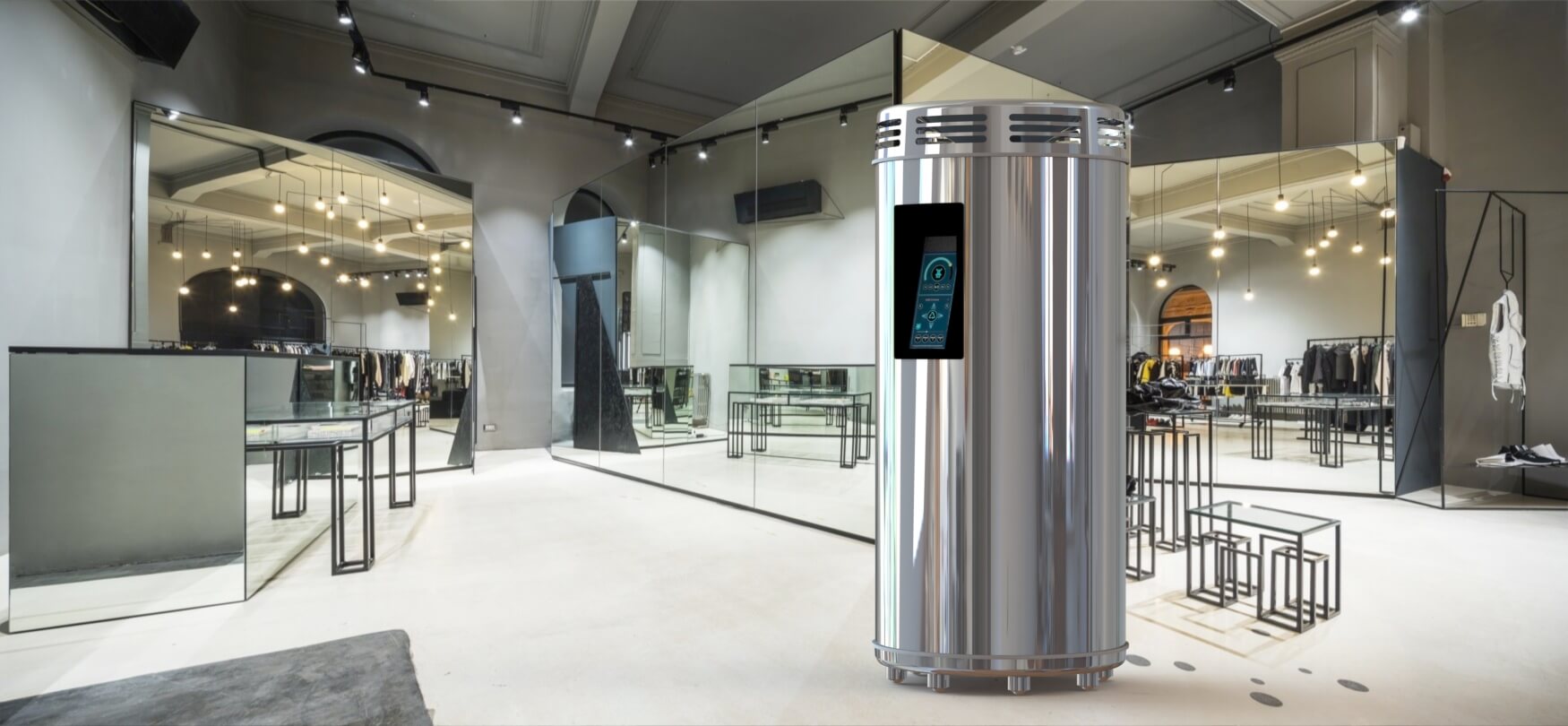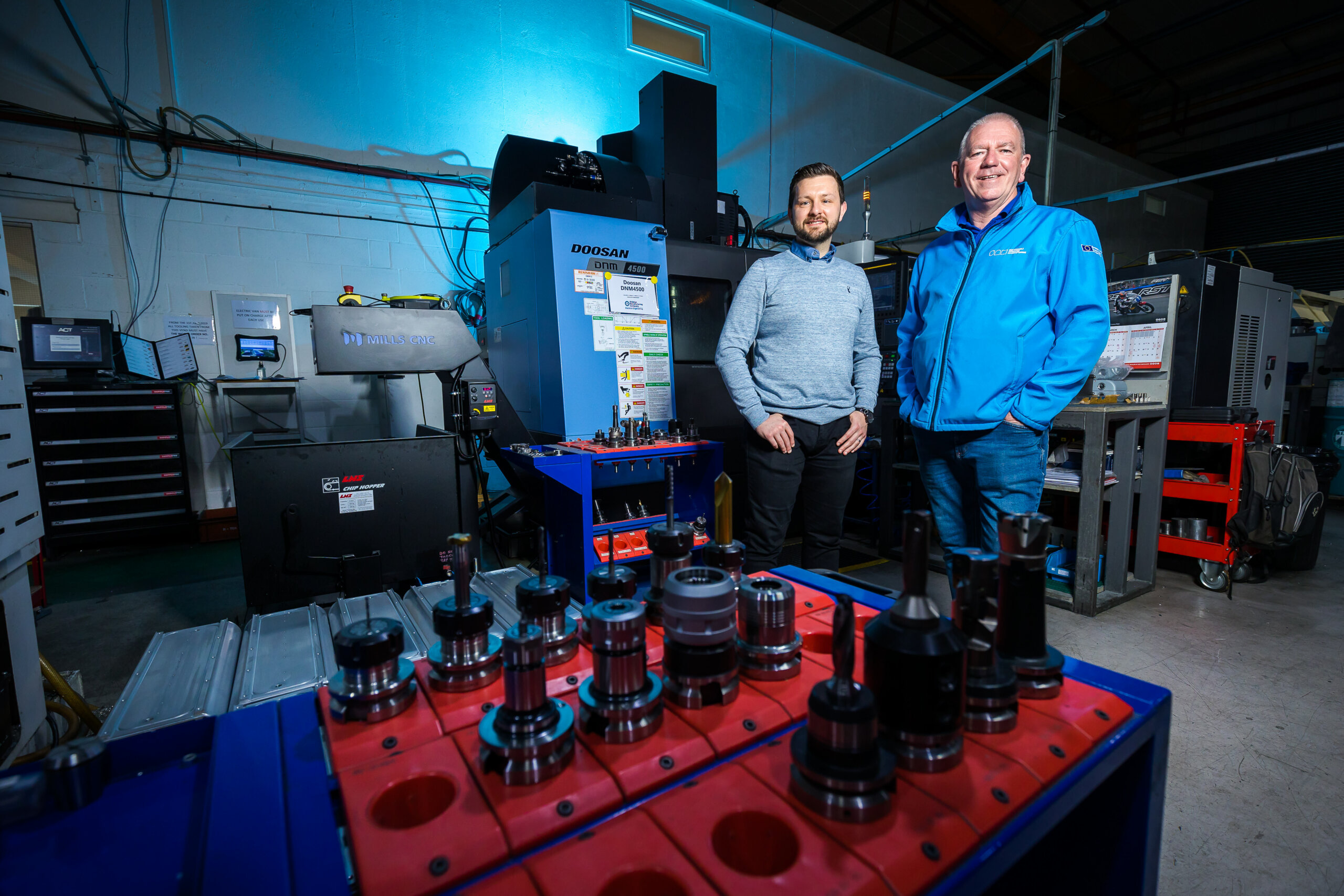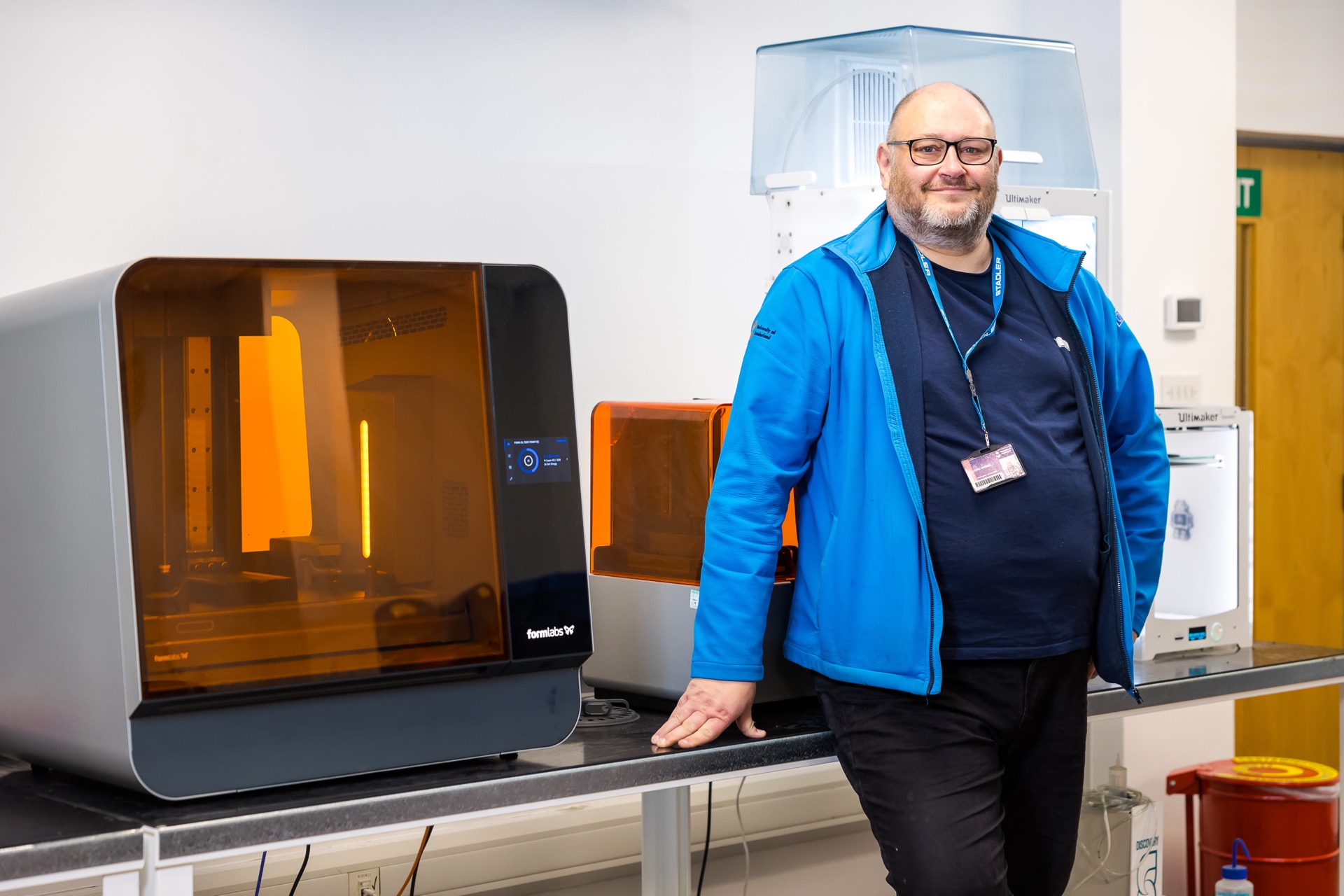The team behind the SAM Project has been shortlisted for a coveted industry award.
The programme has been shortlisted in the Developing Future Talent category at the upcoming Make UK North East, Yorkshire and Humberside Regional Awards.
The SAM Project was launched in 2018 to help North East manufacturing SMEs become more productive and sustainable by supporting projects that enhance their products, processes and technology.
Since then, the programme – which was originally due to end in December 2020 – has proved a huge success, providing over £1 million in matched-funding, as well as practical and research support to over 200 SMEs across the region and is set to continue supporting the sector after securing a further £6 million, taking it to June 2023.
The initiative was originally part-funded by ERDF – with a £2.6m commitment – and the University of Sunderland and industry, which invested £2.5m, and is aimed solely at small and medium sized manufacturers (under 250 employees) based in the North East LEP area, with an annual turnover of less than €50m (£45m approx.)
The project offers a range of assistance – tapping into significant academic resources, a team of industrial specialists and five distinct factories with more than £1m worth of equipment – to offer both practical and research support, ensuring businesses can access a knowledge bank comprising some of the industry’s brightest brains and most advanced technology. This extension has also seen SAM’s Technical Research and Development team grow, to offer even greater specialist industry support to companies.
Roger O’Brien, Project and Technical Lead at the SAM Project, said: “Being shortlisted for the Developing Future Talent award at this year’s Make UK awards is a huge honour.
“Over the last four years, we’ve provided funding and support to hundreds of manufacturing SMEs across the region and have witnessed first-hand the impact this has had, from safeguarding and creating jobs to transforming entire production lines, and this award is a reflection and endorsement of all of the team’s inspiring work during that period.”
Unlike traditional business support schemes, SAM prides itself on the technical support it provides to help the businesses it engages with de-risk their investment and ensure their operations are more economically sustainable.
Roger added: “Our fully-funded technical advice and support is what really makes the SAM Project stand out from your traditional business support schemes. While there are many other grant funds out there to help businesses grow, there are very few – if any – which offer the intensive, personalised technical support that we do.
“Combined, our nine experts boast over 250 years’ experience working for an array of businesses, from blue-chip manufacturers to start-ups, with each of them specialising in their own individual disciplines, from additive manufacturing to automation and robotics, AR/ VR, electronics and process improvement, to name just a few.”
The Make UK North East, Yorkshire and Humberside Regional Dinner will be held at Pavillions of Harrogate on 3 November, 2022.
To find out more about the awards ceremony or to purchase a ticket, visit: https://www.eventbrite.co.uk/e/make-uk-north-east-yorkshire-and-humberside-regional-dinner-registration-384009271067










